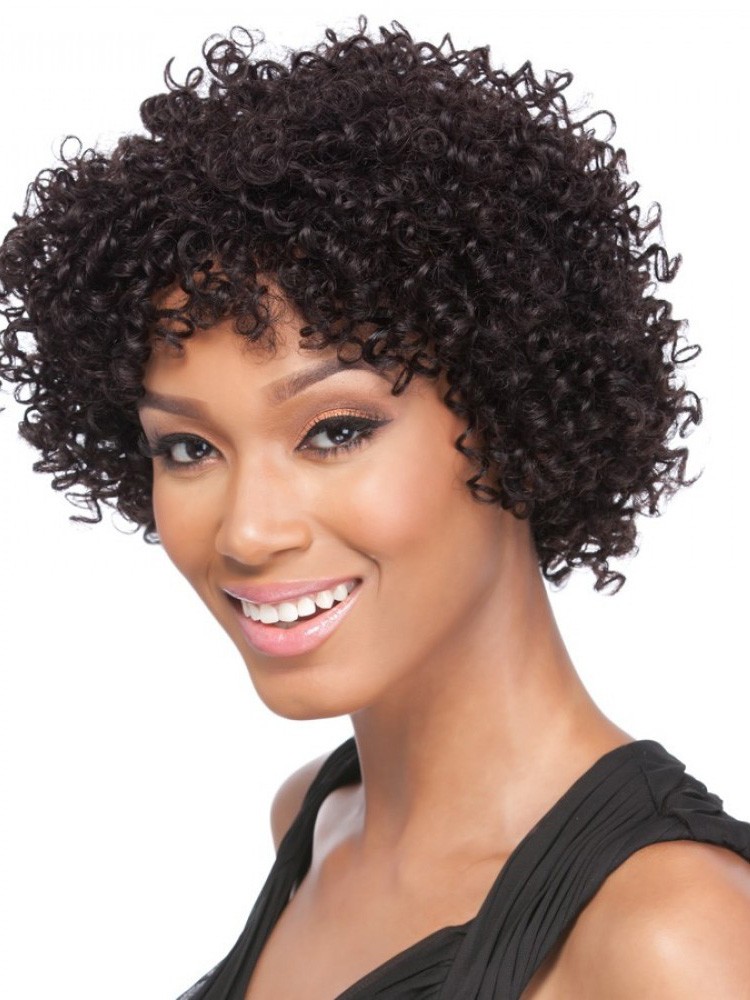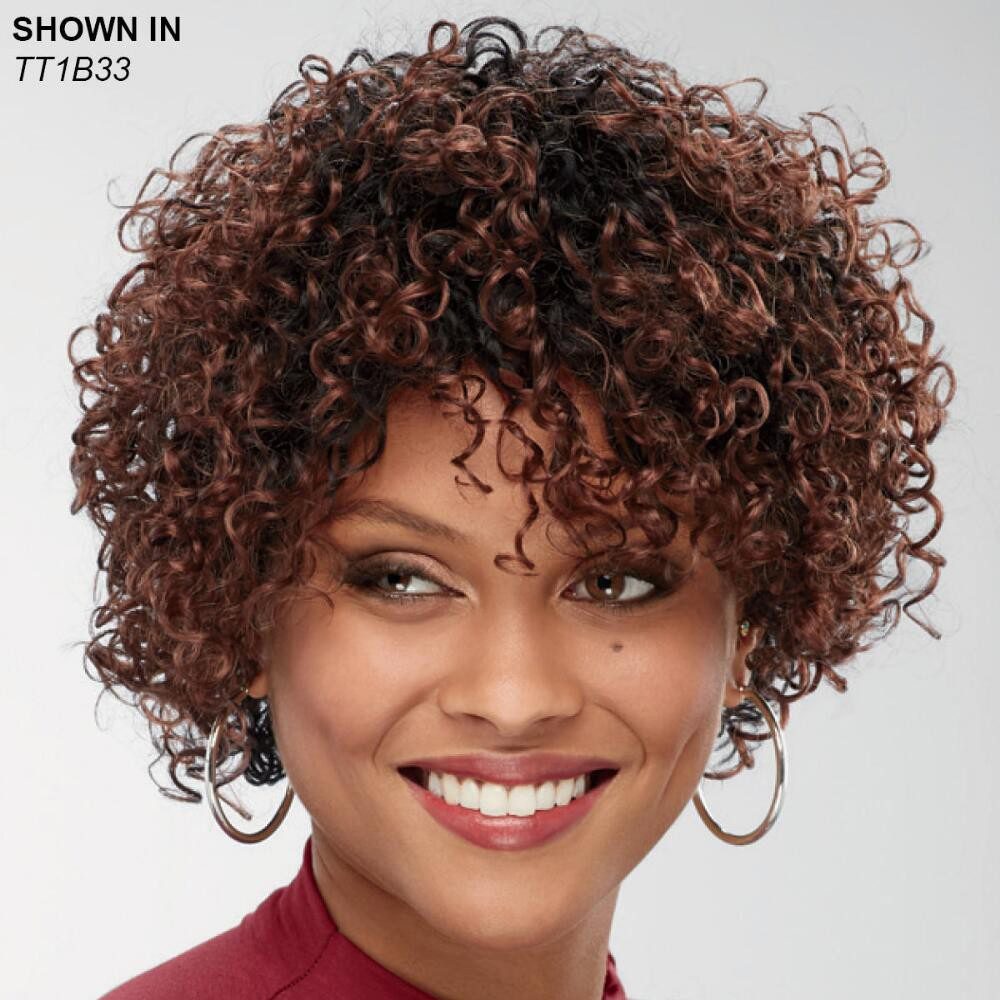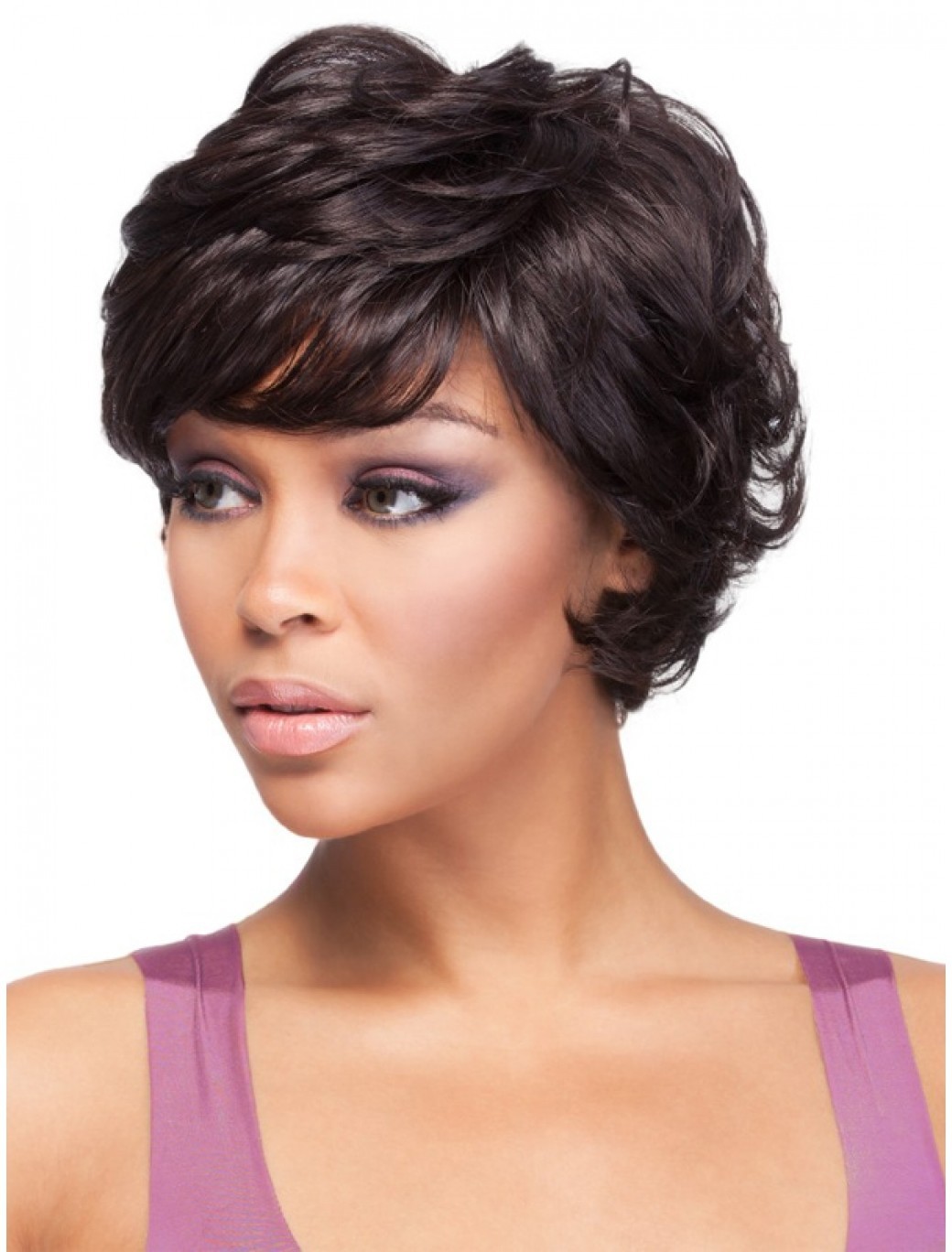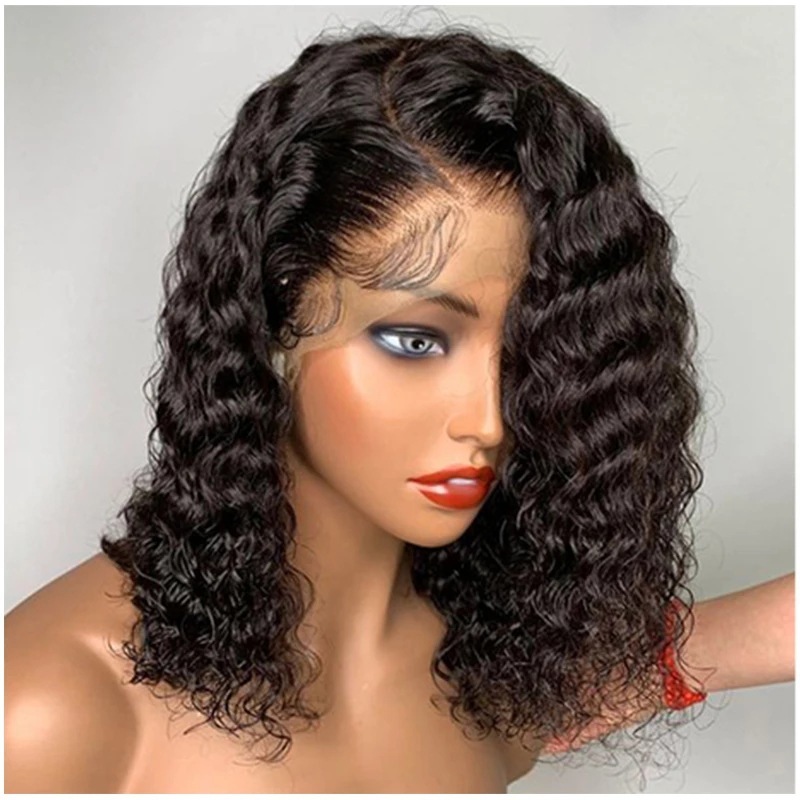Exploring the Wigscape: A Deeper Look at African American Women’s Hair Choices
Related Articles: Exploring the Wigscape: A Deeper Look at African American Women’s Hair Choices
Introduction
In this auspicious occasion, we are delighted to delve into the intriguing topic related to Exploring the Wigscape: A Deeper Look at African American Women’s Hair Choices. Let’s weave interesting information and offer fresh perspectives to the readers.
Table of Content
Exploring the Wigscape: A Deeper Look at African American Women’s Hair Choices

The sight of a woman adorned with a vibrant, flowing wig is a common one, particularly within the African American community. This practice, often viewed as a fashion statement, holds a deeper significance, interwoven with cultural identity, historical context, and personal expression. To understand why African American women choose wigs, one must delve into the complexities of hair texture, societal pressures, and the evolving narrative of beauty standards.
Historical Roots and Cultural Significance:
The history of African American women and their relationship with hair is deeply intertwined with the legacy of slavery and the subsequent struggle for self-determination. During the era of slavery, enslaved Africans were denied the right to express their individuality through their hair. European standards of beauty dictated that straight hair was desirable, while the natural texture of African hair was considered unkempt and even uncivilized. This imposed standard led to practices like hair straightening with harsh chemicals, ultimately contributing to hair damage and health issues.
After emancipation, African American women embraced their natural hair as a symbol of freedom and resistance. However, the legacy of Eurocentric beauty standards continued to influence perceptions of beauty, leading to a complex relationship with hair that persists to this day.
The Evolution of Hair Choices:
The 20th century saw a shift in the African American hair landscape. The invention of the relaxer, a chemical treatment designed to straighten hair, offered a temporary solution to the struggle with natural texture. This led to a widespread adoption of relaxed hair, becoming a cultural norm for many Black women. However, the process of relaxing often caused damage, leading to breakage, dryness, and scalp irritation.
The rise of the natural hair movement in the 21st century brought a renewed focus on embracing natural textures. This movement encouraged women to celebrate their unique curls, coils, and kinks, fostering a sense of empowerment and self-acceptance. However, the transition to natural hair can be challenging, requiring patience, specific care routines, and often a period of adjustment.
Wigs: A Versatile and Practical Choice:
In this evolving landscape, wigs have emerged as a versatile and practical choice for African American women. They offer a range of benefits, including:
- Versatility: Wigs provide a platform for experimentation, allowing women to switch up their hairstyles effortlessly. They can create different lengths, textures, colors, and styles, catering to individual preferences and trends.
- Protection: Wigs can shield natural hair from heat styling, chemical treatments, and environmental damage. This is particularly crucial for women who have relaxed or chemically processed hair, allowing them to give their natural hair a break from manipulation.
- Convenience: Wigs offer a quick and easy way to transform one’s look. They eliminate the need for time-consuming styling routines, making them ideal for busy schedules or special occasions.
- Self-Expression: Wigs are a powerful tool for self-expression. They allow women to showcase their personality, creativity, and cultural heritage through various styles and colors.
- Confidence Boost: For some women, wigs can be a source of confidence, enabling them to feel comfortable and empowered in their own skin.
Beyond Fashion: Understanding the Deeper Meaning:
While wigs are often viewed as a fashion accessory, their significance extends beyond aesthetics. For many African American women, wigs are a means of reclaiming their agency and embracing a diverse range of beauty standards. They represent a departure from the limitations imposed by Eurocentric ideals, allowing women to explore their individuality and express their unique identities.
Furthermore, the choice to wear a wig can be a statement of cultural pride. It can be a way to celebrate African American heritage and traditions, particularly in communities where natural hair is often misunderstood or marginalized.
Addressing Common Misconceptions:
The prevalence of wigs within the African American community has often led to misconceptions and stereotypes. It is crucial to address these misconceptions and foster a deeper understanding of the motivations behind this practice.
- The "Wig-Wearing" Stereotype: The assumption that all African American women wear wigs is a harmful generalization. While wigs are popular, they are not a universal choice. Many women embrace their natural hair, while others choose to wear weaves, braids, or other protective styles.
- The "Fake Hair" Stigma: There is a misconception that wigs are somehow "fake" or less authentic than natural hair. This notion is rooted in a Eurocentric beauty standard that privileges straight, European-textured hair. However, wigs are simply a tool for personal expression and should not be viewed as a substitute for one’s natural hair.
- The "Unnatural" Perception: Some individuals view wigs as unnatural and artificial. However, it is important to remember that all hair styling practices, from relaxers to braids, involve manipulating natural hair in some way. Wigs are simply another form of hair manipulation, offering a wide range of possibilities for self-expression.
FAQs: Addressing Common Inquiries
Q: Why do African American women wear wigs more than other racial groups?
A: The historical context of African American hair, the influence of Eurocentric beauty standards, and the challenges associated with maintaining natural hair textures contribute to the popularity of wigs within this community.
Q: Are wigs harmful to natural hair?
A: Wigs themselves are not inherently harmful. However, improper care and maintenance, such as wearing a wig too tightly or for extended periods without proper ventilation, can lead to hair loss, breakage, and scalp irritation.
Q: Are wigs a sign of low self-esteem?
A: This is a harmful and inaccurate generalization. The decision to wear a wig is a personal one, driven by factors like convenience, style preference, and personal expression. It should not be interpreted as a reflection of self-esteem.
Q: Are there different types of wigs?
A: Yes, there are various types of wigs available, including human hair wigs, synthetic wigs, lace front wigs, full lace wigs, and more. Each type offers different advantages and disadvantages in terms of price, durability, and styling options.
Tips for Choosing and Caring for Wigs
- Choose the right type of wig: Consider your budget, desired style, and level of maintenance when selecting a wig.
- Measure your head correctly: Ensure a proper fit for comfort and to prevent wig slippage.
- Invest in quality care products: Use wig-specific shampoos, conditioners, and styling products to maintain the health and appearance of your wig.
- Store your wig properly: Keep your wig in a cool, dry place, away from direct sunlight and heat.
- Consult a professional stylist: If you are new to wearing wigs, consider consulting a professional stylist for guidance on wig selection, styling, and care.
Conclusion:
The practice of wearing wigs among African American women is a complex and multifaceted phenomenon. It reflects a long history of cultural identity, societal pressures, and personal expression. Wigs provide a platform for creativity, versatility, and self-acceptance, empowering women to embrace their individuality and redefine beauty standards. By understanding the motivations behind this practice, we can move beyond stereotypes and appreciate the rich tapestry of hair choices within the African American community.








Closure
Thus, we hope this article has provided valuable insights into Exploring the Wigscape: A Deeper Look at African American Women’s Hair Choices. We thank you for taking the time to read this article. See you in our next article!